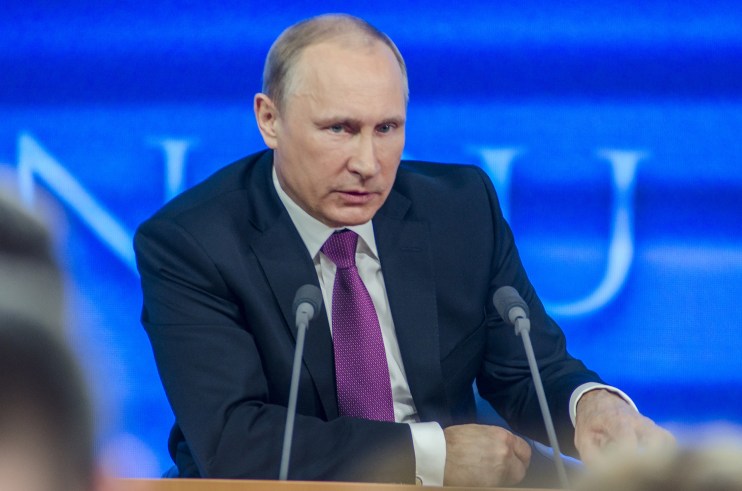Energy efficiency can combat Putin’s political pull over gas

In the past few weeks, Vladimir Putin has significantly reduced gas supplies to European countries, cementing the fact that Europe should begin preparations for a complete cut off from Russian gas. In response, European countries are taking emergency measures, such as firing up old coal-fired power stations.
While some leaders might try to justify these measures due to the scale of the crisis, it would be unforgivable if European governments and businesses fail to acknowledge that there is a faster, greener, cheaper and more secure alternative to fossil fuels. It’s relatively simple: using the energy we already have more efficiently is by far the greenest, cheapest, and most secure way out of the energy crisis.
At the beginning of June, the International Energy Agency, IEA, published an analysis, “The value of urgent action on Energy Efficiency”, which demonstrated that without early action on efficiency the transition to net zero emissions will be more expensive and almost impossible to achieve. The IEA’s report shows how one third of the reductions needed by 2030 to reach net zero will have to be provided by energy efficiency measures – measures that are already cost effective and can make our economies more competitive and resilient.
If this potential in energy savings is realized it would also strengthen energy security immensely. According to the IEA, 650 billion cubic meters of natural gas per year could be avoided if we do a global push on energy efficiency. To put this into perspective, that is approximately four times what the European Union imported from Russia in 2021.
Still, despite this opportunity, energy is being wasted every day – in industry, in homes, and in transport. In Europe’s industrial sector, for example, 40 per cent of gas is used in low temperature processes below 100 celsius. A large share of this could be reduced simply by reusing heat through rapid installation of higher temperature heat recovery units and the adoption of industrial heat pumps. This could be done quickly and even before the next heating season.
In European buildings, it is now possible to reduce the use of gas by 34 per cent in the next 5 years by making sure that all buildings are equipped with basic heating infrastructure. Even today, estimates show that around 70 million of European homes do not have a thermostatic radiator valve and yet the IEA has stated that by turning down the thermostat in your home by just 1 degree celsius you would save around 7 per cent of the energy you use for heating. What are the political leaders waiting for? The solution is literally right at our fingertips.
The list of low hanging fruits is endless. Data centers, supermarkets, industries, and wastewater facilities are all producers of vast amounts of energy that is currently wasted on a massive scale. Why don’t we agree that it should be mandatory to reuse excess heat, or that all buildings must be equipped with basic energy monitoring infrastructure?
This crisis presents a historical opportunity to accelerate the shift away from fossil fuels by starting to use the energy we already have more effectively. Politicians and business leaders don’t need to await new technology or hope for miracles. They only need to start implementing the technology that is there and that we know already works. The greenest, cheapest, and most secure energy is the energy we don’t use, and it offers a clear route out of this joint energy and security crisis. It is now up to political and business leaders to show the leadership necessary to take this step.